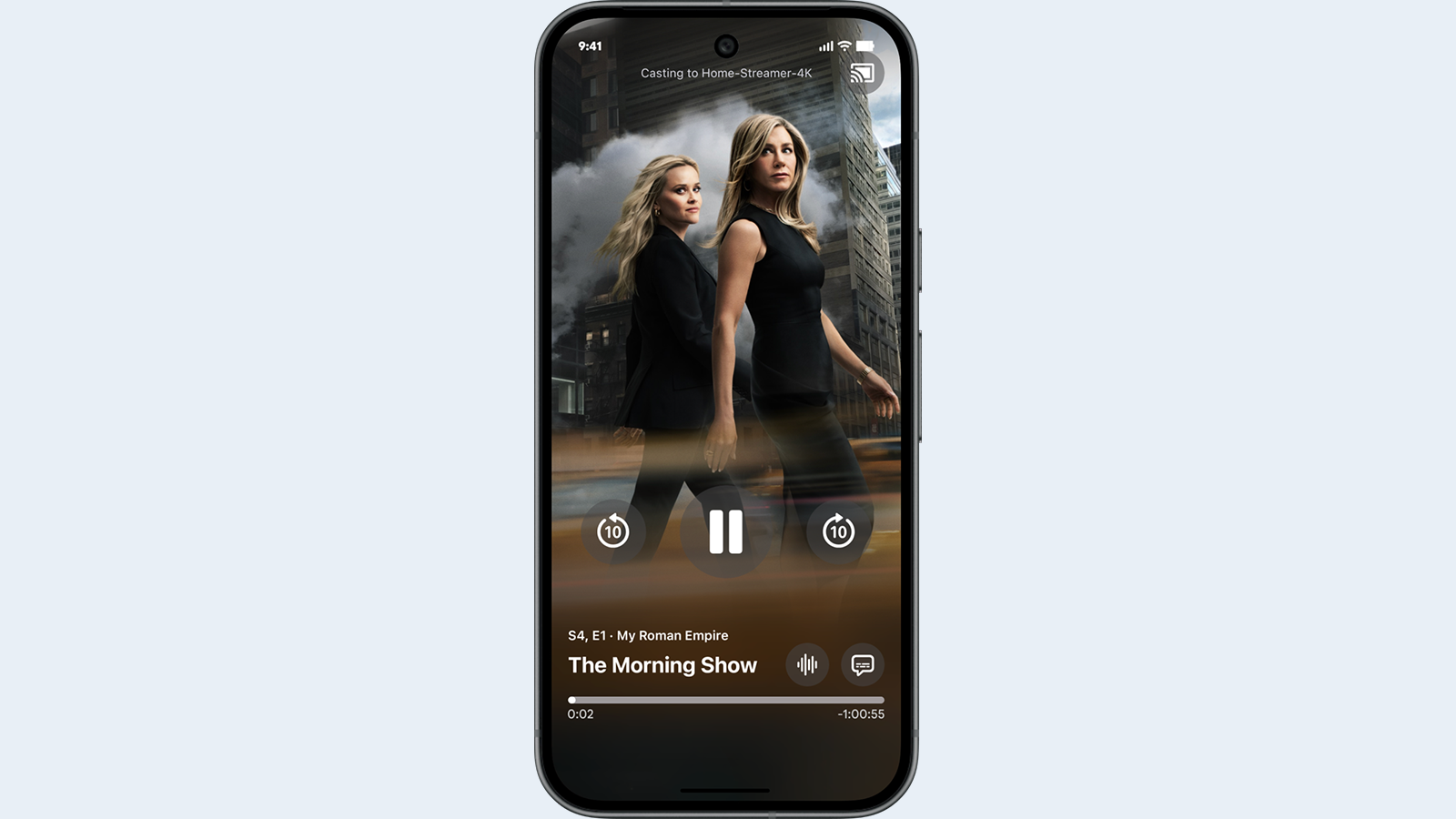White Space Device Field Tests to Begin
The FCC is giving unlicensed devices another round of tests. The commission this week said it would start testing prototypes in the field starting July 14. The tests are part of an ongoing assessment of allowing low-power transmitters to function in the buffer spectrum between TV channels, left unassigned to prevent interference.
Microsoft, Dell, HP, Palm, Google, Philips and TDK are among the tech giants pushing the FCC to authorize unlicensed devices for TV buffer spectrum, traditionally known as “taboo” channels. The majority of spectrum use is licensed through auctions that generate billions of dollars for the federal government. The argument for an unlicensed model is that the money otherwise used on licenses will be invested in innovation.
The problem for broadcasters, however, is that the innovation hasn“t yielded a fool-proof technology in previous lab tests at the FCC. Dennis Wharton, executive vice president of the National Association of Broadcasters issued the following comment in response to the FCC“s action:
“NAB has no quarrel with field tests, but based upon multiple failures of unlicensed devices in laboratory testing thus far, we remain highly skeptical that this technology will ever work as advertised.”
The NAB has lined up 70 legislators on Capitol Hill to cast the hairy eyeball toward unlicensed devices, though none are from Washington, home of the Microsoft empire.
The Association of Maximum Service Television also weighed in on the FCC announcement. MSTV chief David Donovan has been a vociferous watchdog of unlicensed devices, taking on the computer giants tit for tat. He was succinct in his response about the FCC field tests, scheduled throughout Maryland over a four-week period.
“We appreciate the commission“s efforts to continue testing these proposed unlicensed devices. Given their failure in the lab, it is important they undergo extensive and thorough testing. The risk of interference to consumers“ reception of free, over-the-air digital television is enormous. Testing in Maryland is a first step in the right direction. We look forward to working with the FCC at these and other locations,” he said.
The professional video industry's #1 source for news, trends and product and tech information. Sign up below.
